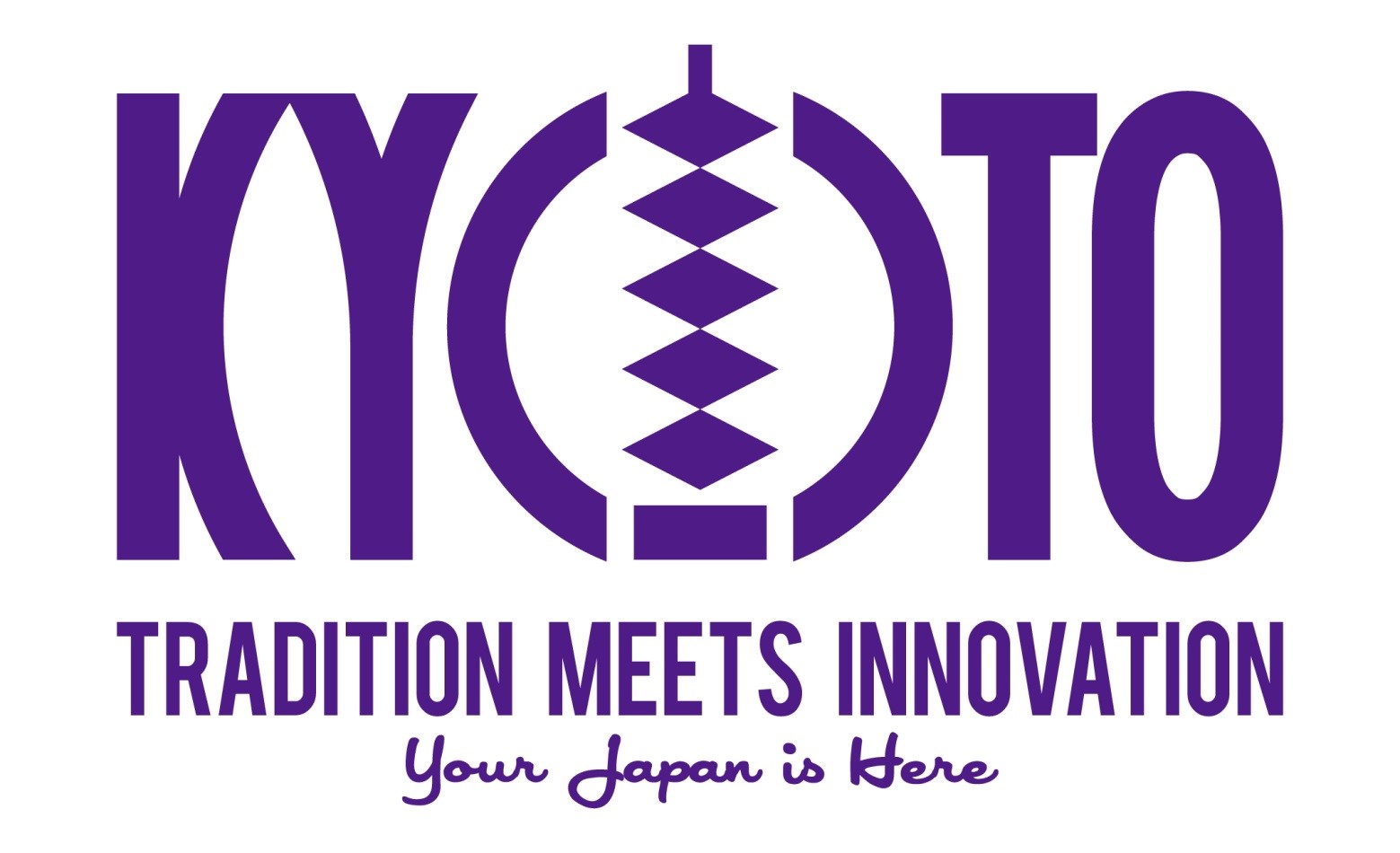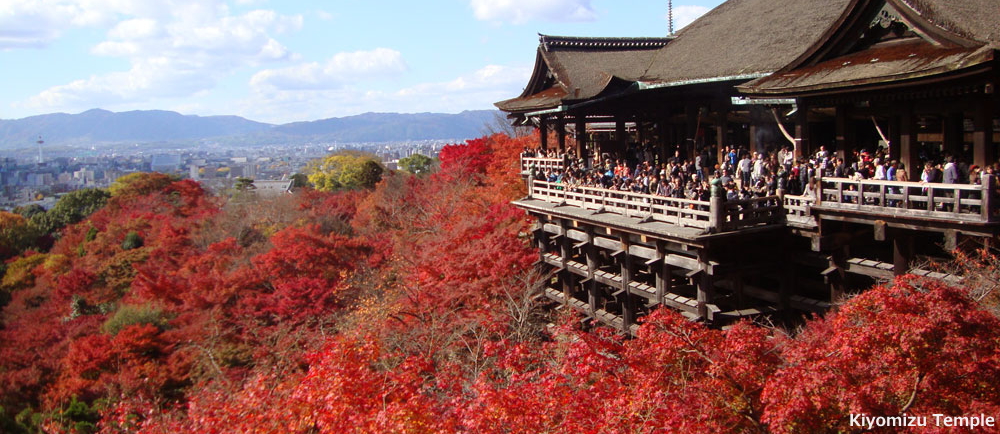Welcome Message
We are pleased to hold the Asian Conference on Organic Electronics 2016 (A-COE 2016) from December 5 to 7, 2016 in Kyoto, Japan. The conference has made significant progress each year since the first A-COE was held in Fukuoka, Japan in 2009.
This year’s conference will have invited talks and technical sessions with eminent speakers from Asia covering a wide variety of topics in Organic Electronics and Photonics: the synthesis of materials, the structural, electrical and optical properties of organic materials for electronics and photonics, the device physics of organic devices such as OLEDs, OPVs, DSCs, perovskite-based solar cells,
OFETs, OLETs, and organic memories.
We hope the conference will provide all the participants with the great opportunity to exchange opinions and build extensive networks.
This year’s A-COE will be hosted by Kyoto University with generous support of organic electronics associations of Korea and Taiwan. On behalf of the A-COE Organizing Committee, we thank all the sponsors for their technical and financial support; all the session chairs, speakers and reviewers for their participation and contribution; and all the committee members for their teamwork and support.
We hope you will enjoy the conference and the beautiful autumn scenery in Kyoto.
Prof. Hironori Kaji
Prof. Chihaya Adachi
Prof. Junji Kido
Prof. Tatsuo Mori
Prof. Hiroyoshi Naito
About A-COE
Over nearly three decades, there have been intensive research and development on organic electronics due to their unique optical and electrical characteristics. In particular, organic light emitting diodes realized great success, resulted in exciting novel light emitting devices such as full-color display and lighting applications. Further, OLED studies accelerated invention of novel organic semiconducting materials and clarified device physics and photo-physical properties of organic thin film devices. In addition, as post OLEDs, there have been growing interests in organic field-effect transistor, solar cells, organic lasers, memory device and so on. Now we are facing to the new seashore for exploring novel organic devices.
We organized this conference since Asian researchers play a very important role in this research area and we believe that it would be better to make a close relationship, share ideas, stimulate discussions, and exchange information each other. We welcome presentations of recent progress on organic electronics and photonics using organic molecules, polymers, and bio-related materials. Especially, participation of young and motivated researchers is highly encouraged.
 |
This program is supported by a subsidy from Kyoto Prefecture and Kyoto Convention & Visitors Bureau. |
